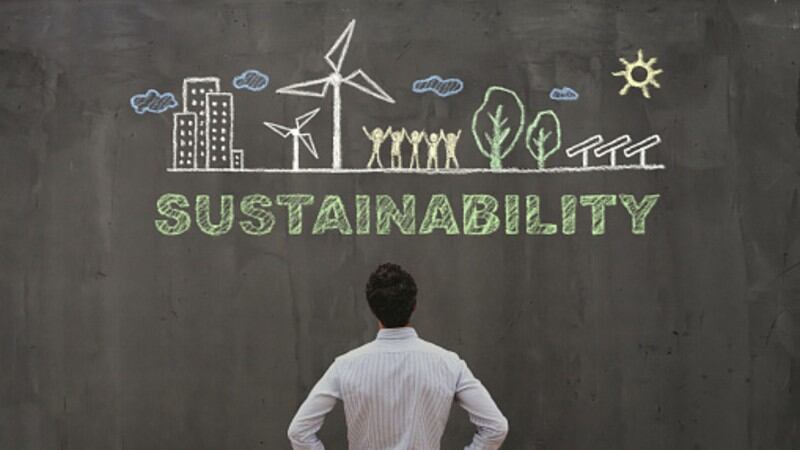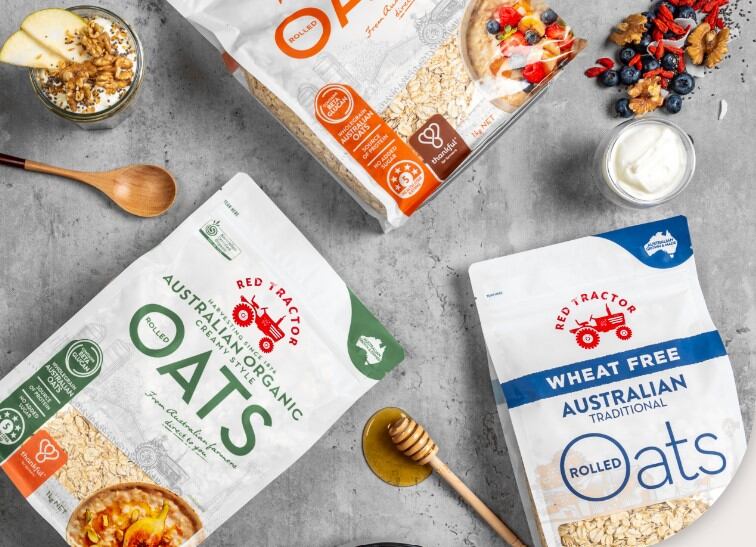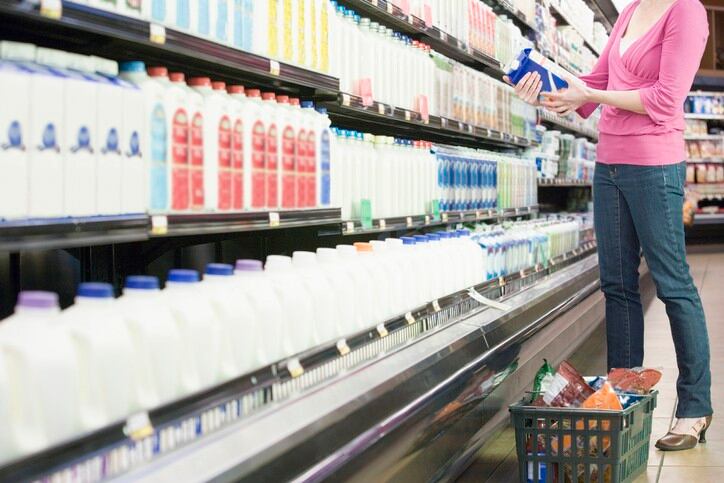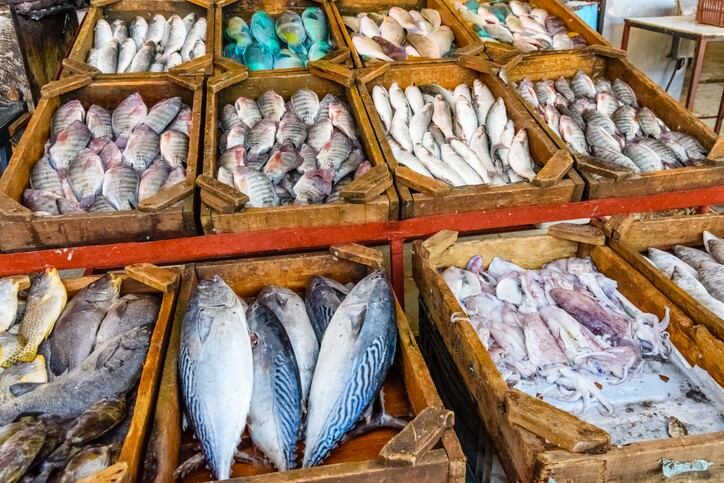Packaging partnership: Kirin and Lawson trials PET bottle collection plan to increase recycling rates
The Kirin Group and retailer Lawson will install polyethylene terephthalate (PET) bottle collection machines outside convenience stores, which will then be recycled back into bottles for beverage manufacturers.
Japan has one of the highest rates of PET bottle recycling in the world. According to The Council for PET Bottle Recycling, about 92% of PET bottles were collected and 84% recycled in 2017.
In other regions, collection rates are approximately 40% in Europe and 20% in US, with recycling rates even lower
However, most are not recycled back into PET bottles, and are often remade into other materials such as sheets and fibres. The bottle-to-bottle rate in Japan is around 12.5%.
Rooting for sugar reduction: Dole banks on both reformulation and innovation to enhance packaged product portfolio
Fruit product heavyweight Dole has revealed that it is focusing heavily on the use of new technologies and collaborations to overcome sugar reduction challenges for its packaged products portfolio, in hopes of reaching its 2025 zero processed sugar sustainability commitment.
In its recent Dole Sunshine For All 2020 sustainability progress review, Dole updated that as a whole, just 47% of its entire portfolio of fresh and packaged/manufactured fruit products still contains processed sugar which puts it in a good position to remove the rest by its 2025 goal.
However, there do exist differences in the amount of processed sugar used as this is undoubtedly higher for packaged products such as tinned fruits and fruit juices as compared to fresh bananas or pineapples, and more challenges still exist in the former that need to be overcome.
“Within our range of manufactured fruit products, around 53% of the total 2020 range still contains some processed sugar, down from 55% in 2019 – so we have achieved a 2% reduction since the previous year,” Dole Sunshine Company VP and Managing Director APAC, Food and Beverage Group Aashim Malhotra told FoodNavigator-Asia.
Second chances: Singapore healthy snack firm Boxgreen ventures into upcycled beverages
Singapore healthy snack company Boxgreen is launching a beverage brand called Imperfect Drinks to upcucle food waste and provide work experience for ex-offenders.
Boxgreen is known for its healthy snacks such as nut mix, mushroom chips and soy crisps.
Co-founder Andrew Lim said:, “We started off as Boxgreen, making great tasting snacks until we thought, this needs something to wash it down with. So, we began brewing delicious drinks too.”
Taking a dip: How UN award-winning Philippines firm is challenging instant coffee’s market dominance
Philippines-based coffee firm Varacco is looking to give instant coffee makers a run for their money with their patented ‘dip’ coffee products, which boasts the benefits of pure coffee with added convenience.
According to Varacco Co-Founder and COO Ariestelo Asilo, the firm’s coffee brand, Circa 1740, is different from regular instant coffee as it is made of pure coffee – but offered in a bag.
“When we were starting the business, our market analysis showed that some 90% of Filipinos drink instant coffee regularly and the market is worth some US$3.2bn, making the Philippines one of the largest instant coffee drinking markets worldwide,” Asilo told FoodNavigator-Asia.
“Locally though the instant coffee market is mostly monopolised by Nestle, and to us we’d be glad to get just 1% of this market from them with our better-quality coffee.
The dip bags are currently made of food-grade nylon, which is not 100% biodegradeable, but Asilo told us that work is in progress to improve the sustainability credentials of the firm’s star invention.
Shroom protection: Mushroom Material targets cosmetics sector with sustainable alternative to styrofoam and cardboard packaging
New Zealand start-up Mushroom Material has developed a sustainable mushroom-based material as an alternative to polystyrene styrofoam and cardboard packaging and is targeting the cosmetics sector for its first products.
Made from the vegetative part of mushrooms called mycelium and fiberous agricultural waste, the material is robust to withstand impacts, yet is biodegradable within six weeks.
Suitable for products from cosmetics to cutlery, the packaging is customisable to any shape, size and surface finish, is stronger than concrete pound for pound, has a better thermal insulator than fiberglass, is odourless, mould resistant and non-toxic.
The company was founded by Shaun Seaman in 2020 after observing the huge amounts of waste material produced globally.





